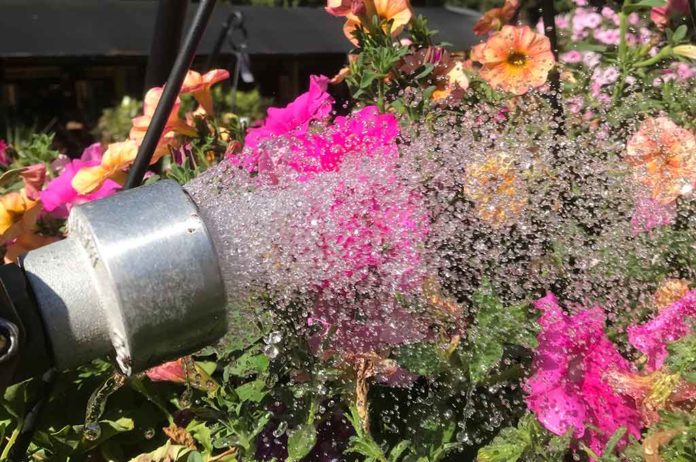By Jonn Karsseboom
I’m not a big cheese eater.
I’m not opposed to it, but if I’m ever given the choice between adding cheese to something or skipping it completely, I always do the latter.
Those pizza commercials where the happy person, usually laughing, is picking up a slice of pizza, and the long slimy, melted cheese refuses to cleanly break bonds from the mother pizzaship? I turn my head away in disgust.
Grated cheese of any kind over my fresh green salad? No, thank you.
It used to be as simple as refusing to add pressed slabs of curd to a cracker, but now that cracker comes with cheese “flavor” imbedded into it while it was becoming a cracker. So now? It’s no longer cheese and crackers; rather, it’s cheese and cheese crackers.
When I was younger, I once asked a priest if there was any chance that the bible’s story of Adam and Eve’s downfall in the garden of Eden wasn’t caused by a bite of a naturally grown (and healthy) apple but in fact a piece of errant cheese?
He just looked at me with a hint of irritation. “I don’t think it was cheese,” he said slowly, directing his gaze into my soul. “It was because they didn’t listen.”
Cheese is added to virtually everything edible: Chili? Hamburgers? Eggs? Sandwiches? Pasta? Bread? Chips? There are fewer food items where cheese hasn’t been attempted to be added than not.
It’s becoming increasingly difficult to avoid.
Like so many things though, I’m idiosyncratic in my distaste. I like gouda. And I’ll eat the all-American comfort food of mac and cheese if I’m near starving. (But I’m waiting for the new version of “mac and red sauce.”)
I have, of course, waited some time now.
Here’s the thing I’ve suddenly realized: Obsessions can be a good thing, whether it’s an unusual distaste for something so much that I watch everything I eat or just the reverse: adding cheese willy-nilly like a crazed cheese lunatic. It can work in your favor greatly if you allow it to, ahem, fully blossom.
It’s like obsessively watering in the garden.
During these hot summer months, especially concerning pots, containers of all sizes and hanging baskets, over-watering just isn’t possible. I’ve seen thousands upon thousands of plant issues and in but a handful was over-watering the issue.
Let me parse my words here, though. Over-watering is usually associated with houseplants. Because of the relatively dark conditions indoors combined with the generally tropical nature of houseplants, it is possible to drown a plant. (I usually describe watering houseplants in terms of “sips” and “drinks.”)
Outside, though, things change dramatically. Over-watering is really only possible if the pot, container or basket doesn’t actually have a drainage hole. (Side note here: Usually we tend to drill a hole in the bottom of a container. Try an inch or two higher up the pot and you’ll create a convenient natural water reservoir.)
Some folks have opted to create beautiful baskets with all kinds of succulents. Obsessively watering those on a daily basis will only improve the growth (and thus the looks) of your baskets. Succulents (sedums, sempervivums, agaves, echeverias) have a capacity to go dry in-between watering, but if they receive too-infrequent moisture, you’ll notice that stress on those plants isn’t pretty, so water those regularly too.
“Watering regularly,” by the way, means if at all possible, water at the same time each day. (It’s really your personal preference of morning or evenings.) Are there advantages to any particular time of day? Not as many advantages as regular watering each day will produce.
So pick a time and try to stick with it.
Quantity of water is also important. This is where obsessiveness truly becomes a gift. My fail-safe rule is: three gallons for a 12-inch-wide basket and five gallons for larger baskets. That quantity from a typical garden hose equates to just under a minute (roughly 30 seconds for three gallons).
Here’s the thing: Water will initially run down the outside of the actual root ball. Mostly water runs along the area between the root ball and the inside of the pot and then out of the drainage holes. This gives the false appearance of being enough water. Just realize this: The entire root ball, meaning deep within, needs to be re-hydrated. In the high heat of summer, it takes time for the water to re-soak though the entire root ball; thus three to five gallons. (Expect much of this to run out the drainage holes.)
A busy beginner gardener once asked me what was the least amount of effort she could do that would yield for her, the biggest result. “Become obsessive about watering” was my answer. Whether or not she liked cheese was beside the point.




















